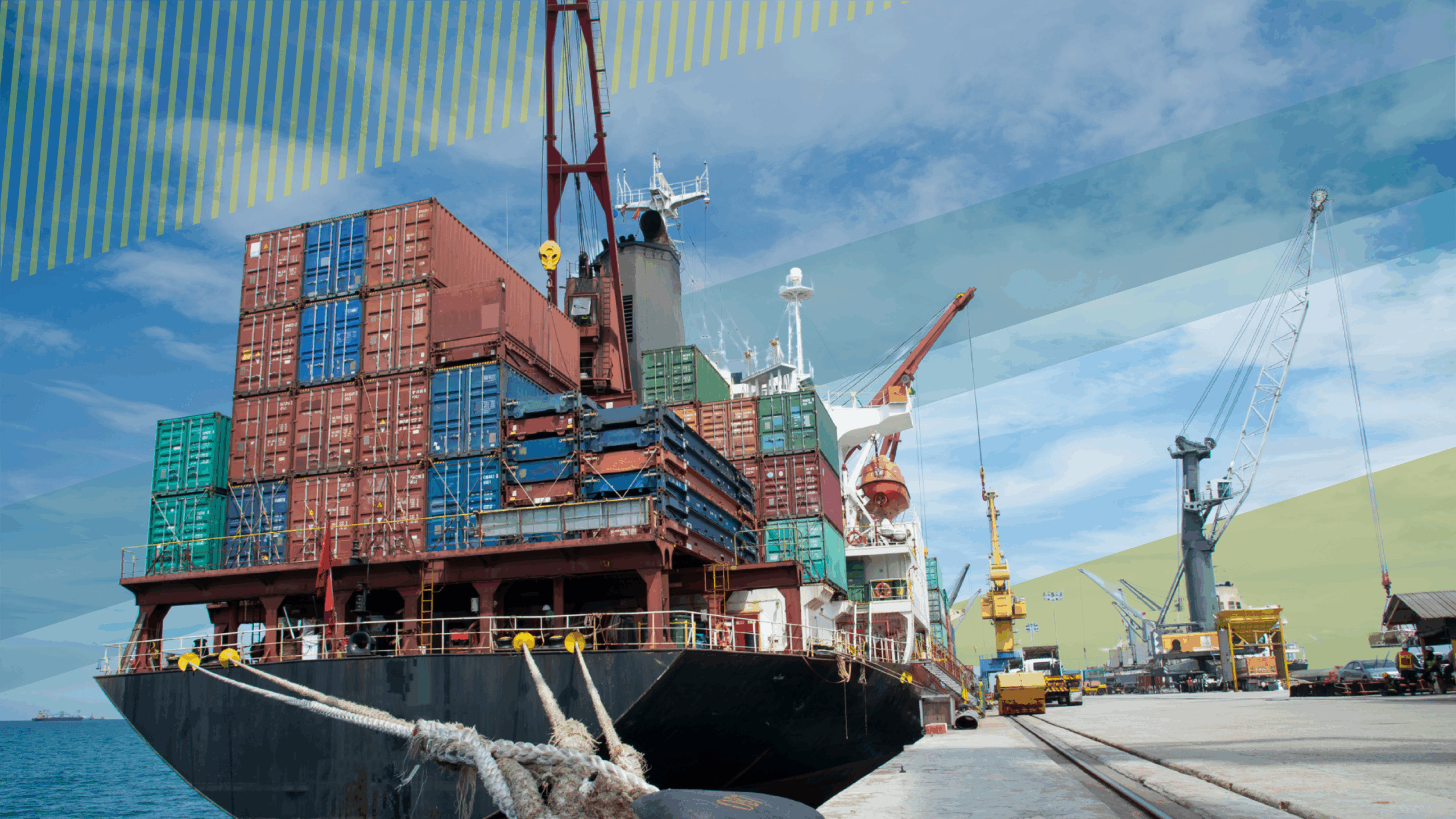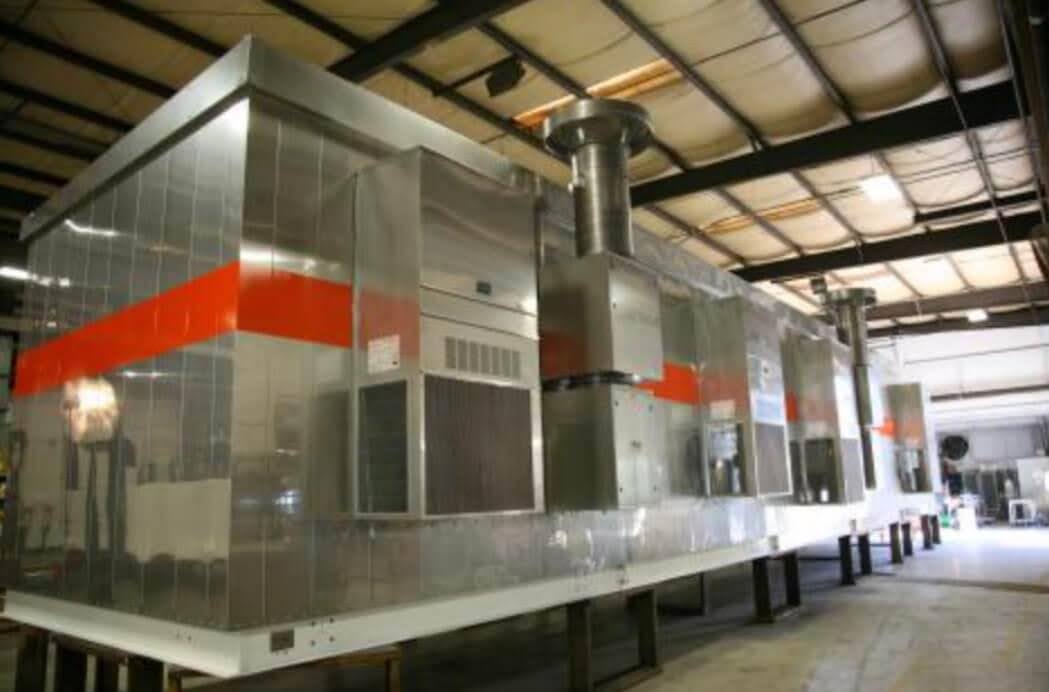How Tariffs Influence Supply Chains and Inflation

Have you ever thought how the price of everyday goods seems to increase unexpectedly or why your favorite products are suddenly more expensive? One factor that can cause these price shifts is the imposition of tariffs. But do tariffs cause inflation?
The answer lies in how tariffs disrupt supply chains and increase the costs of goods, which can ripple through the economy and affect everything from the price of groceries to the cost of technology. In this article, we’ll learn how tariffs influence supply chains and contribute to inflation and what that means for your finances.
What Are Tariffs and How Do Tariffs Work?
To understand how tariffs create inflation, we first must know what tariffs are. A tariff is a tax from a government on imported goods. When a country puts tariffs on goods being imported from another country, those goods will become more expensive. This could affect the price of those imported goods and potentially the price of goods that are associated with the domestic market.
By raising the costs of goods, tariffs can create a domino effect that ultimately impacts supply chains and inflation, making things more expensive for consumers across the board.
How Tariffs Disrupt Supply Chains
Tariffs can affect inflation in many ways, with one crucial way being disruptions in supply chains. A supply chain involves the entire process of producing and delivering a product, from sourcing raw materials to manufacturing to distributing the product. When tariffs are imposed, they increase the cost of the raw materials or tangible assets imported from other countries.
If an organization is based on overseas suppliers for their products, these new costs may stop production altogether. In this case, manufacturers may face delays, increased production costs, and possibly no access to the required components at all. All of that disruption can create additional shortages in particular products, or have longer-term effects on the supply chain, driving prices up for both businesses and consumers.
The Ripple Effect of Tariffs on Consumer Prices
When tariffs are applied, they don’t just pertain to one product or industry; they typically have a trickle-down effect throughout the economy (i.e., prices rise for all sorts of consumer goods). For example, a tariff on electronic parts may increase the price level of smartphones, computers and televisions. If the manufacturers’ cost of production increases, they often raise prices to keep profit margins intact, which is paid for by consumers.
This ripple effect is even more pronounced in industries that depend on a lot of raw materials from different countries. Tariffs on one key component can trigger price increases across multiple industries. This leads to higher costs for everything from food to clothing to household goods. The result is widespread inflation that affects consumer’s daily purchasing power.
The Role of Tariffs in Rising Costs of Living
Inflation may affect the living cost, and tariffs play a huge role in this process. As prices go up due to tariffs, individuals and families face the challenge of stretching their budgets further to keep up with higher costs. Whether it’s paying for groceries, filling up your car, or buying new clothes, everything becomes more expensive.
The key areas where tariffs contribute to higher living costs are in everyday consumer goods. For example, if tariffs are placed on imported food products, it can make food prices rise. In turn, this can force families to spend more on their grocery bills, impacting their ability to afford other essentials.
Can Tariffs Be Used to Control Inflation?
While tariffs lead to inflation, they can also be used as a tool to influence the economy. Some policymakers argue that tariffs can be used properly to protect domestic industries from foreign competition, which could help local businesses grow and maintain jobs. In theory, this could have long-lasting benefits for the economy, but it’s a delicate balance.
The problem arises when tariffs lead to too much inflation, which makes important goods unaffordable for daily people. In some cases, the government might need to rethink its tariff policies or find other ways to manage inflation without putting too much pressure on consumers. It’s crucial to consider both the short-term & long-term effects of tariffs, as they can have significant economic consequences that ripple through various sectors.
Final Words
So, do tariffs cause inflation? Yes, tariffs may sadden the supply chain process, increase production costs, and raise the prices of goods and services. This contributes to inflation, and the inflation will reduce the buying power of the consumer. Although tariffs may be used to protect domestic industries, they generally only raise the cost of living, which can complicate household budgets.
If you want to learn more about how tariffs and other financial factors impact your wallet, you can check out more insights on tariffs and your finances. If you know the ripple effects of tariffs, you can make more informed decisions about your spending and saving strategies.




